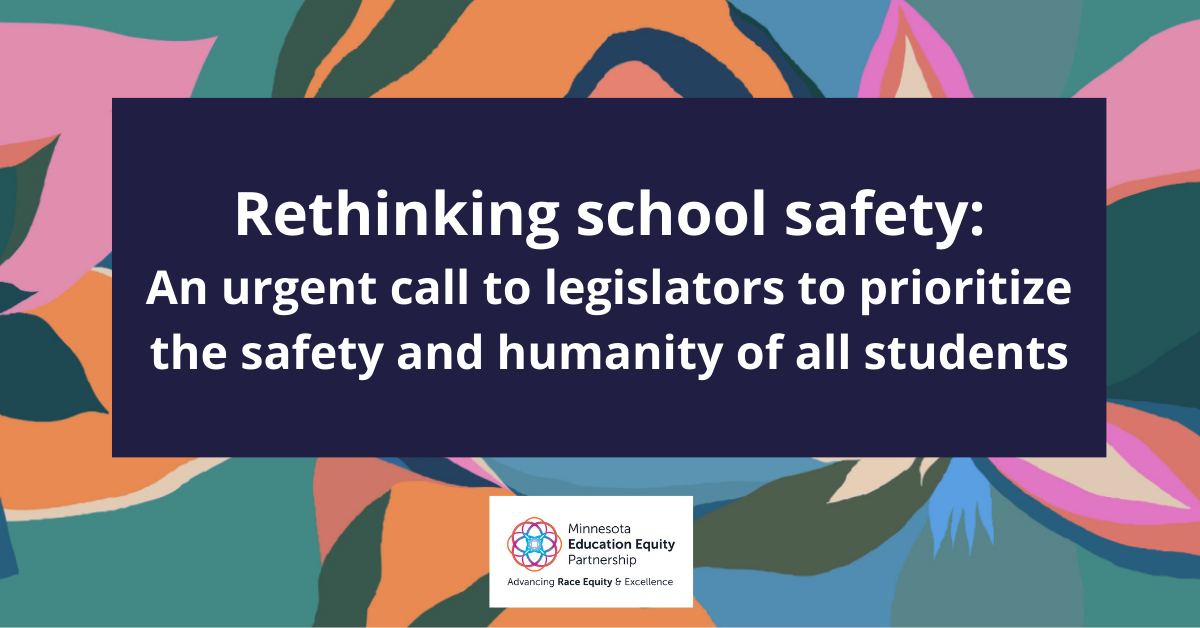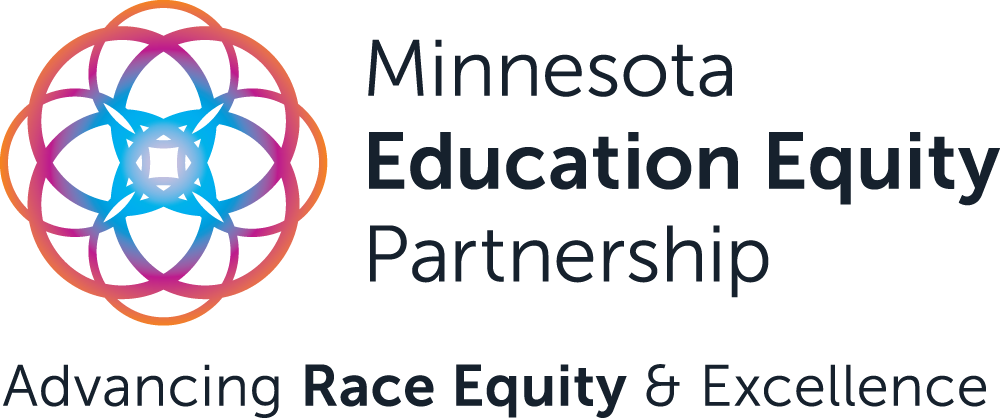
Rethinking school safety: An urgent call to legislators
As the Minnesota Legislature votes on significant revisions to the School Resource Officer bill (HF 3489), we find ourselves at a critical moment in school safety discourse. This legislation, just passed in the House, prompts us not only to scrutinize the role of law enforcement in educational settings but also to engage in a deeper reflection on what it means to create school environments that prioritize the safety and humanity of all students.
The proposed modifications to last year’s bill, specifically the removal of language that restricts the use of prone restraints by School Resource Officers (SROs), raises significant concerns. The initial prohibition was a safeguard against the use of restraints that can severely endanger students’ physical and psychological well-being. Prone restraints, by their very definition, carry inherent risks, including impairing a student’s ability to breathe or communicate distress, and applying potentially harmful pressure to sensitive areas of the body.
The state’s Attorney General’s interpretation of the law however, which has standing in court, points out that the use of those holds had already been banned in Minnesota. He also indicated that such holds could still be used under certain public safety circumstances.
But even without restricting breathing, prone and restraint holds are destructive to a person’s dignity and sense of worth. Our schools must be spaces where young people can build up their dignity. We want to nurture young people who can lead our society confidently and humanely.
The issue with the new law—with all of its correct intentions —is that it bypassed a mandate to construct these healthy environments so as not to be solely dependent on use of force for safety and it did not create a uniform, statewide system to hold SRO’s accountable for improper use of force.
Amending this facet of the bill underlines the urgency for an expansive dialogue on the strategies and principles that shape our current approach to student safety and discipline. It prompts a critical examination of how to balance the need for safety within educational settings against the crucial imperative to achieve this balance in a way that is racially just and equitable and prioritizes the well-being of every student.
Legislative priorities for school safety should not focus solely on responsive police tactics, but on what students deserve and need to feel safe and supported—and to be their whole selves.
At its core should be a deep commitment to racial equity, ensuring the humanity of all students is honored first and foremost, and redressing the racial harm of school discipline policies that continue to disproportionately impact students of color and Indigenous students.
This means a transformation in the role of SROs from disciplinarians to facilitators of safe, supportive, and inclusive environments. It advocates for a shift towards restorative practices, rather than punitive measures, in addressing school discipline, thereby empowering students to thrive.
It calls for enforceable practices and policies to redefine the role of SROs to support, not discipline, students, maintaining safe, supportive, and inclusive environments for all students. It means delineating school discipline from the criminal justice system, an ongoing practice that disproportionately harms students of color and Indigenous students and perpetuates deep inequities.
Truly safe, racially just, and empowering learning environments are supported by core policies that support:
- Prioritizing mental health services, counseling, and social supports to proactively address students’ needs.
- Implementing approaches that focus on healing, reconciliation, and the strengthening of community bonds over punitive actions.
- Ensuring that all personnel are equipped with skills in de-escalation, cultural competency, anti-racism, and trauma-informed care.
- Actively involving students, parents, and the wider community in shaping policies and practices around school safety and discipline.
- Establishing mechanisms for the transparent evaluation of the impact of security and discipline practices.
As discussions around HF 3489 continue, it is imperative that the discourse not only addresses the specifics of the proposed bill but also—and this is critically important —catalyzes a broader movement toward reimagining school safety.
This involves a steadfast commitment to examining and dismantling systemic inequities that continue to perpetuate harm for students of color and Indigenous students and embracing a vision of safety rooted in justice, respect, and the inherent dignity of every student.
Minnesota has the opportunity to lead by example, demonstrating how legislative clarity, coupled with a deep commitment to racial equity and justice, can transform our schools into spaces where every student is valued, protected, and encouraged to reach their full potential.
This legislative session presents a crucial chance to safeguard the human and Constitutional rights of students, affirming that racial equity and educational excellence are foundational to Minnesota’s educational ethos.

